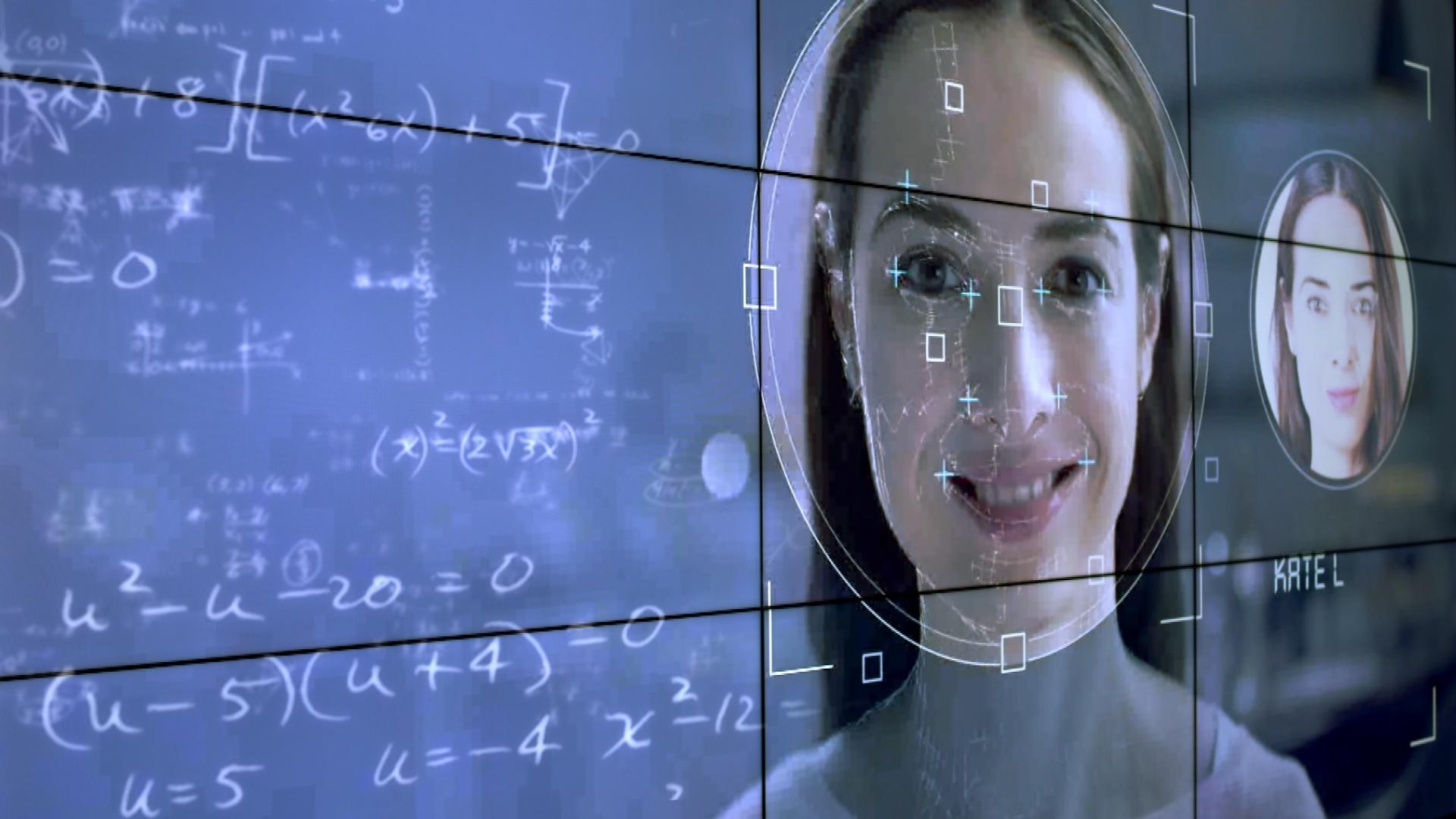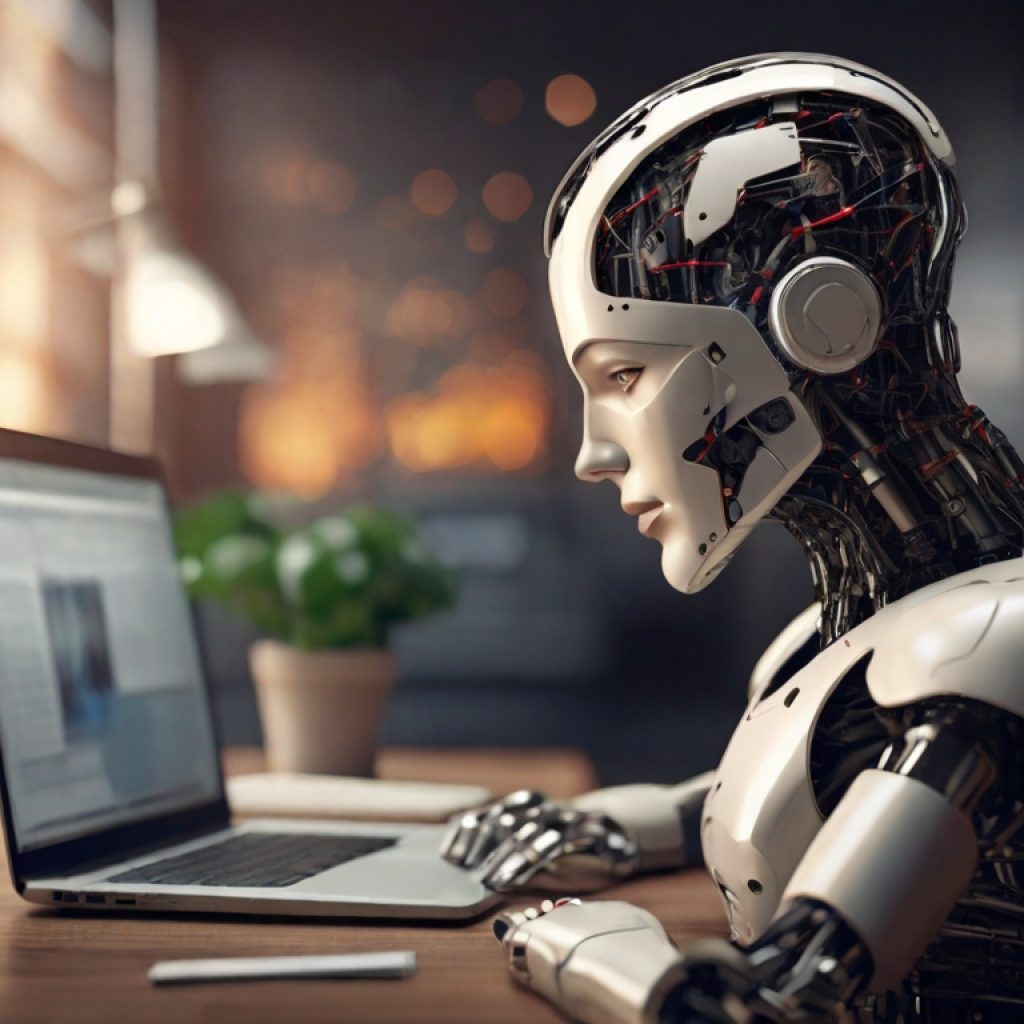TV director James Hawes has suggested that within the next three to five years, episodes of popular BBC soaps could be entirely created by generative artificial intelligence (AI). This revelation comes as part of Hawes’ testimony during the UK’s Culture, Media and Sport Committee’s inquiry into British film and high-end TV. According to Hawes, it is anticipated that within three to five years, episodes of popular BBC soaps could be crafted entirely by AI technology.
Hawes, a respected figure in the television industry and the vice-chairman of Directors UK, highlighted the potential for generative AI to transform the creation of television content. During a forum that took place following the announcement of the BBC’s decision to cancel the soap “Doctors,” the discussion veered towards the integration of AI in television production. Hawes shared that after conducting a poll among various visual effects (VFX) professionals and consulting with legal advisors to Sag-AFTRA and the Writers Guild of America, the consensus was that AI could be producing complete episodes of TV soaps within a short timeframe of three to five years.
AI’s role in creative processes on Tv Soaps
The inquiry heard that generative AI’s capabilities could soon allow for the automation of scene creation based on specific prompts, such as crafting a scene in an emergency room featuring complex human interactions and medical emergencies. This development indicates a significant shift towards utilizing AI for not only enhancing visual effects but also for generating narrative content and dialogues. Hawes’s insights reveal an industry at the cusp of a technological revolution, where AI could undertake creative tasks traditionally reserved for human writers and directors.
Implications for the industry
This move towards AI-generated content raises numerous questions regarding the impact on employment within the industry, the role of human creativity, and the legal and ethical considerations of AI-generated content. The potential for AI to streamline production processes, reduce costs, and increase efficiency is undeniable. However, it also prompts a reevaluation of the creative process, the authenticity of storytelling, and the protection of intellectual property rights. As the industry navigates these challenges, the role of human oversight and the integration of AI in creative decision-making become paramount.
The prospect of AI-driven television production marks a significant milestone in the evolution of entertainment media. While the technology promises to revolutionize the way content is created, it also emphasizes the need for a balanced approach that values human creativity and ethical considerations. As AI continues to advance, the television industry must adapt to these changes, ensuring that technology enhances storytelling without compromising the integrity of the creative process.
James Hawes’s projection for using generative AI in TV soap production opens up a new frontier for the television industry. With a timeline of three to five years for this technological leap, the industry faces both exciting opportunities and significant challenges. As AI becomes an integral part of content creation, its impact on the creative landscape, employment, and legal frameworks will be areas of keen interest and critical discussion.





